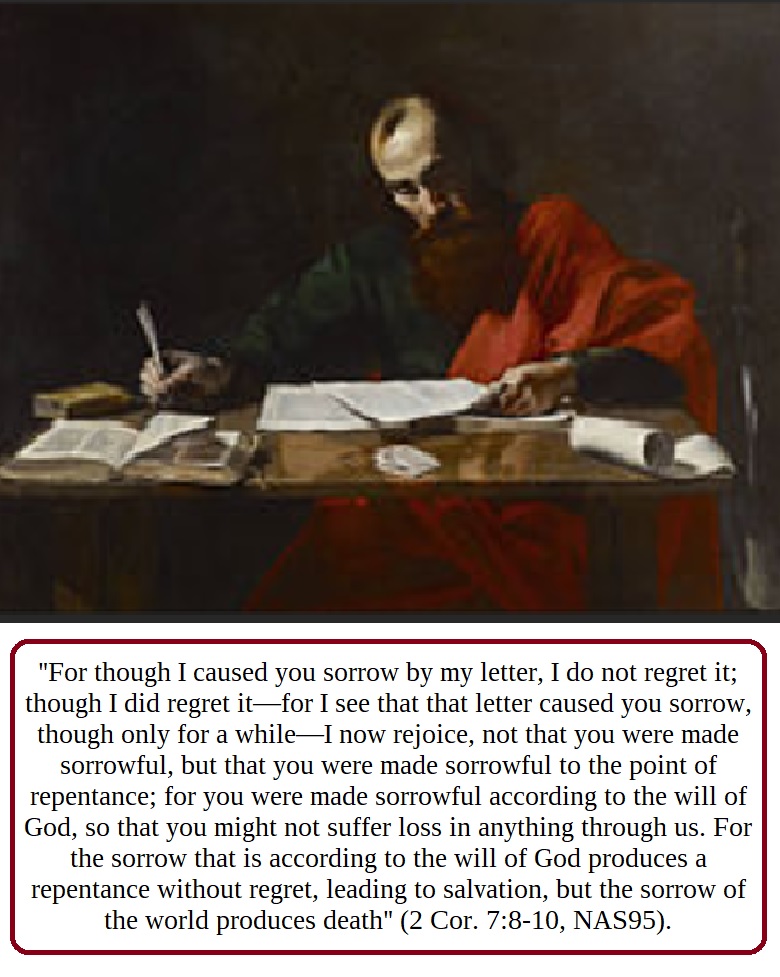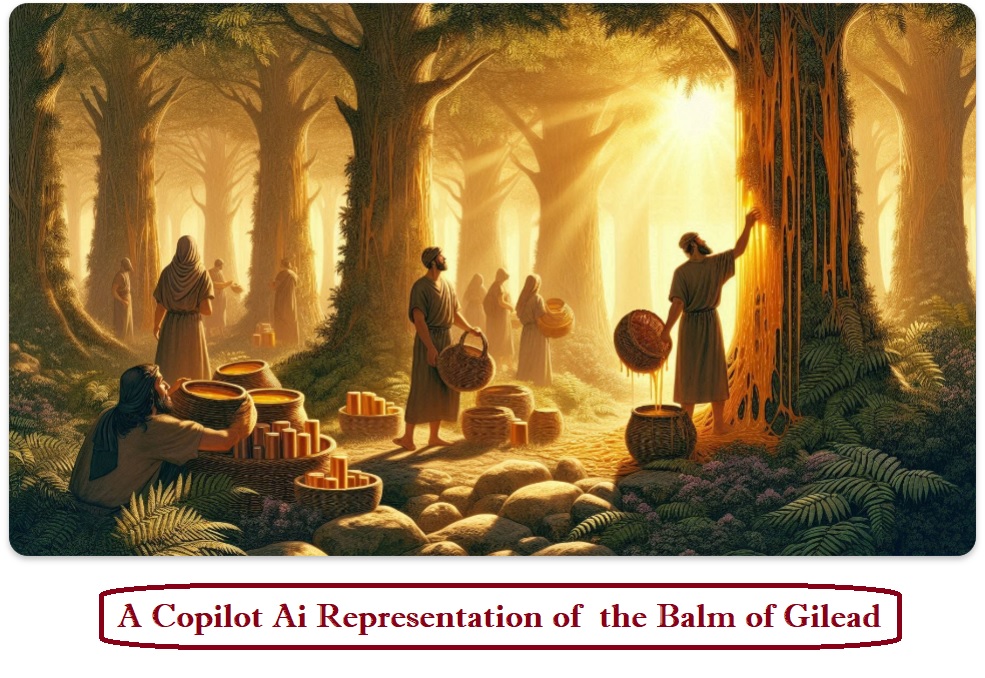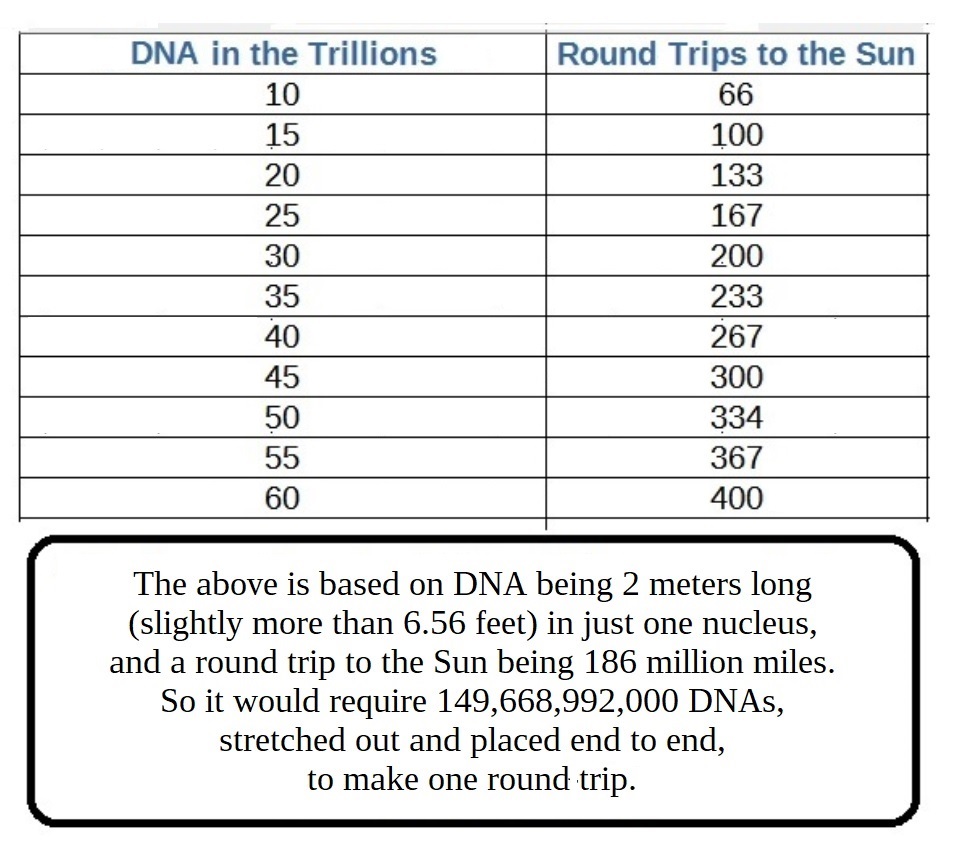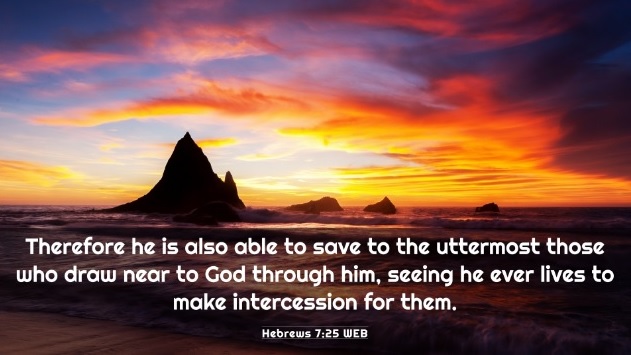“Go therefore and make disciples of all the nations…teaching them to observe all that I commanded you; and lo, I am with you always, even to the end of the age” (Matthew 28:19-20, NASB).
——————–
Contents
1) The Tomb–Do the Gospels Coincide? (Jon W. Quinn)
2) Christ’s Obedience To The Father Was Love, Not Legalism (Joe R. Price)
——————–

-1-
The Tomb–Do the Gospels Coincide?
Jon W. Quinn
“Why do the accounts at Jesus’ tomb conflict?”
I was recently asked this question by a visitor to our website. This young man was engaged in a discussion with another who denies the Bible is the inspired word of God. This was evidently one of the arguments that was made. If the Bible was really the word of God, then there would not be any contradictions in how the events at the tomb of Jesus are recorded. Often times the charges that the gospels contradict are based on the women who are mentioned as going to the tomb early that Sunday morning.
My answer: “They don’t (conflict). A conflict would be an irreconcilable difference. Different perspectives of the same event is not a conflict.”
“If you have a genuine conflict in mind, I would like to know what it is.”
“Example: The number of women who went to the tomb. There is a deference in number, but only because they are written from different perspectives. John follows only Mary Magdalene and does not mention the others who went to the tomb. All of them agree that she went. Matthew also says “the other Mary” went to the tomb that morning. Mark and Luke agree with Matthew. John does not say that the other Mary did not go, so there is no conflict. Salome also went according to Mark. None of the others say she didn’t so there is no conflict. Luke says a woman by the name of Joanna also went. None of the others deny this so there is no conflict.”
Note now the inspired records in the gospels:
Now after the Sabbath, as it began to dawn toward the first day of the week, Mary Magdalene and the other Mary came to look at the grave. (Matthew 28:1)
When the Sabbath was over, Mary Magdalene, and Mary the mother of James, and Salome, bought spices, so that they might come and anoint Him. (Mark 16:1)
Now they were Mary Magdalene and Joanna and Mary the mother of James; also the other women with them were telling these things to the apostles. (Luke 24:10)
Now on the first day of the week Mary Magdalene came early to the tomb, while it was still dark, and saw the stone already taken away from the tomb. (John 20:1)
I then explained what it would take for there to be a genuine conflict: If John had said, “Only Mary Magdalene went to the tomb and no one else went.” If one said “Joanna went to the tomb” and another said “Joanna did not go to the tomb.” Those would be conflicts, but there are no conflicts.
I then illustrated it this way: “Suppose police were investigating what happened at a party at which there was Mary M and Mary and Joanna and Salome present. They ask you, “What happened at the party?” You respond, Mary M. was there. She arrived at 7:30.”
Then they ask me the same thing. I respond, “Mary M was there, as was Joanna. Joanna arrived later than Mary.”
Then another witness responds to the same question: “There were two people named ‘Mary’ there.”
Finally, a fourth witness says, “Salome was at the party as well as some other women.”
There is no conflict in these reports. They can all be true. They are told from different perspectives and different aspects of the same event are mentioned. We would expect such in witness testimony even when all the witnesses are telling the truth. I challenged: Neither is there genuine conflict in the Biblical account of the tomb. They can all be true as stated. If you find one… a genuine conflict… then please let me know.
The young man wrote back and responded this way: “I wasn’t saying that they all didn’t go to the tomb, but did they go at different times? How many angels appeared? If you put all the accounts together how do they fit?”
This suggested to me that he was also having a problem with the angels at the tomb. I responded this way:
We are not given an exact time frame. We are not told that all the women traveled together. We are not even told that they set out to the tomb from the same place… they could have easily spent the night in different quarters. We only know that some of them, at least, traveled to the tomb as dawn was approaching.
As far as the number of angels, there are at least two, but only one did the talking (or, at least, most of it).
Matthew mentions one… the one who descended from heaven and rolled the stone away and then sat upon it. Later, when the women arrive, he speaks to them. But Matthew does not say there were no other angels, but just emphasizes this one.
The angel said to the women, “Do not be afraid; for I know that you are looking for Jesus who has been crucified” (Matthew 28:5).
Mark says it was inside the tomb where the angel spoke to the women. But we do not know if it was the same angel or a different one. But whether it was or not, there were two, though only one of them may have spoken initially. Entering the tomb, they saw a young man sitting at the right, wearing a white robe; and they were amazed. And he said to them, “Do not be amazed; you are looking for Jesus the Nazarene, who has been crucified. He has risen; He is not here; behold, here is the place where they laid Him” (Mark 16:5-6).
Luke lets us know that here were at least two angels altogether. Perhaps Matthew and Mark emphasize the one who did most of the talking. Also, the fact that Luke says concerning the angels, “and they said” does not necessarily mean that they talked in unison. (Like, if someone said “The two police officers came to my house and they asked me where I was last night” does not mean they both did the talking).
While they were perplexed about this, behold, two men suddenly stood near them in dazzling clothing; and as the women were terrified and bowed their faces to the ground, the men said to them, “Why do you seek the living One among the dead?” (Luke 24:4-5).
John follows Mary Magdalene, who we find out does not enter the tomb at all as the other women did. As soon as she sees the stone rolled away, and before meeting the angels, she runs back to tell the apostles. When Peter and John run back to the tomb to investigate, it is empty… by the time they get there, neither the women nor the angels are still present.
There simply is no conflict about the angels either. Now, if one of the gospels had said “There was only one angel” and another said “There were not less than two angels” then that would be a conflict. But these are not conflicts. Skeptics and doubters would like for them to be, and sometimes blindly insist that these are contradictions, but they are not. Our faith in Jesus and the Bible is well placed.
— Via The Bradley Banner from the Bradley church of Christ, November 6, 2005
——————–

-2-
Christ’s Obedience To The Father Was Love, Not Legalism
Joe R. Price
30 I will no longer talk much with you, for the ruler of this world is coming, and he has nothing in Me. 31 But that the world may know that I love the Father, and as the Father gave Me commandment, so I do. Arise, let us go from here (John 14:30–31, NKJV).
Jesus was about to be arrested, tried, and condemned to death by crucifixion. We marvel at God’s love for us by which He “gave His only begotten Son” for the redemption of sinners (John 3:16; 1 John 3:16; 4:8-10). Today’s passage adds another element to God’s love for us: the Son’s love for the Father. Jesus’s death on the cross was not only the great expression of divine love for humanity but also the great expression of His obedient love for His Father (Rom. 5:8; John 6:38; 10:18). Christ’s love for the Father compelled Him to do the Father’s will, becoming “obedient to the point of death, even the death of the cross” (Phil. 2:8). His sacrificial, selfless obedience makes Him the Exemplar of love. You see, previously in today’s passage, Jesus had told His apostles, “If you love Me, keep my commandments” (John 14:15). Jesus holds His disciples to the same standard He followed, to express our love for Him through faithful obedience. We ought not to view obedience as a legalistic approach to discipleship but as love’s full measure of devotion. As John wrote, “My little children, let us not love in word or in tongue, but in deed and truth” (1 John 3:18). It is no wonder that Jesus saves those who obey Him (Heb. 5:8-9). Today and hereafter, “arise, let us go from here” and in love obey the Father and the Son.
— Via the Facebook site for the Round Lake Beach church of Christ, February 18, 2022
——————–
The Steps That Lead to Eternal Salvation
1) Hear the gospel — for that is how faith comes (Rom. 10:17; John 20:30-31).
2) Believe in the deity of Jesus Christ, the Son of God (John 8:24; John 3:18).
3) Repent of sins. For every accountable person has sinned (Romans 3:23; Romans 3:10), which causes one to be spiritually dead (Ephesians 2:1) and separated from God (Isaiah 59:1-2; Romans 6:23). Therefore, repentance of sin is necessary (Luke 13:5; Acts 17:30). For whether the sin seems great or small, there will still be the same penalty for either (Matt. 12:36-37; 2 Cor. 5:10) — and even for a lie (Rev. 21:8).
4) Confess faith in Christ (Rom. 10:9-10; Acts 8:36-38).
5) Be baptized in water for the remission of sins (Mark 16:16; Acts 2:38; 22:16; 1 Pet. 3:21). This is the final step that puts one into Christ (Gal. 3:26-27). For from that baptism, one is then raised as a new creature (2 Cor. 5:17), having all sins forgiven and beginning a new life as a Christian (Rom. 6:3-4). For the one being baptized does so “through faith in the working of God” (Col. 2:12). In other words, believing that God will keep His word and forgive after one submits to these necessary steps. And now as a Christian, we then need to…
6) Continue in the faith by living for the Lord; for, if not, salvation can be lost (Matt. 24:13; Heb. 10:36-39; Rev. 2:10; 2 Pet. 2:20-22).
——————–
Tebeau Street
CHURCH OF CHRIST
1402 Tebeau Street, Waycross, GA 31501
Sunday: 9 a.m. Bible Classes and 10 a.m. Worship Service. Congregational Song Service: 5 p.m. for every first Sunday of the month.
Wednesday: 7 p.m. Bible Classes
evangelist/editor: Tom Edwards (912) 281-9917
Tom@ThomasTEdwards.com
https://thomastedwards.com/go/all.htm (This is a link to the older version of the Gospel Observer website, but with bulletins going back to March 4, 1990.)





















